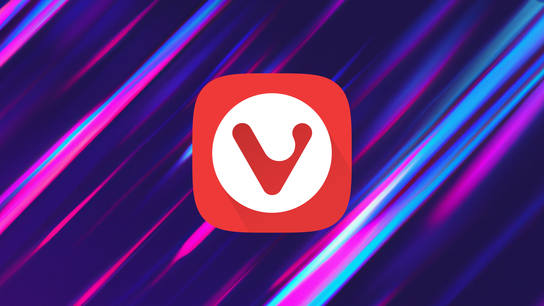On , I joined familiar faces from my days at Opera Software and new colleges at Vivaldi Technologies. I joined as a Quality Assurance Tester working on the Vivaldi web browser product for mobile and desktop.
I didn’t expect to ever work for a social media company. Two short weeks after I joined Vivaldi, it jumped on the decentralized social networking craze and launched a new Mastodon instance called Vivaldi Social.
Vivaldi is a web browser, news feed reader, reading-later list, email and calendar client, note-taking app, machine-translation service, and more; all in a single super app. You may recognize these features as interests I’ve regularly covered on this blog.
I’m into web browsers, news feed readers, note-taking apps, browser reading modes and read-later apps, email clients, calendar apps, and other productivity apps. It turns out a local company just down the road from where I live is taking on all of these in a single app.
Vivaldi can be your minimalist web browser with as few buttons, bells, and whistles as possible. It can also be your everything super-app that replaces your existing web browser, note-taking, email client, calendar and contacts, news feed reader, reading list, and any number of other tasks. (At least on desktop.)
Vivaldi for desktop has some window manager-esque features such as tab tiling, but the company isn’t yet trying to build a full-blown operating system. You can find Vivaldi preinstalled in some Android Auto-powered cars, but its primary distribution channel is users seeking it out and installing the app.
I’m struggling a bit to say what’s unique about Vivaldi as a web browser, though. It really is just another run-of-the-mill Chromium-powered browser, despite the overwhelming number of unique productivity features added on top.
Vivaldi’s most useful and unique built-in browser-related feature is probably web panels. Web Panels open as a narrow column next to the regular web view. They let you quickly access pages you want to keep an eye on throughout the day (such as social media and news feeds, some statistics or stocks, or maybe a podcast or audio player). It’s like having “the small internet“ that’s on your phone up on your big desktop screen next to your main browsing activity.
So, what does my new job mean for Ctrl blog? I’ll have less time for the blog, and there will be fewer updates. I expect to keep writing, though. I’ll likely have more to say about web browsers going forward.
